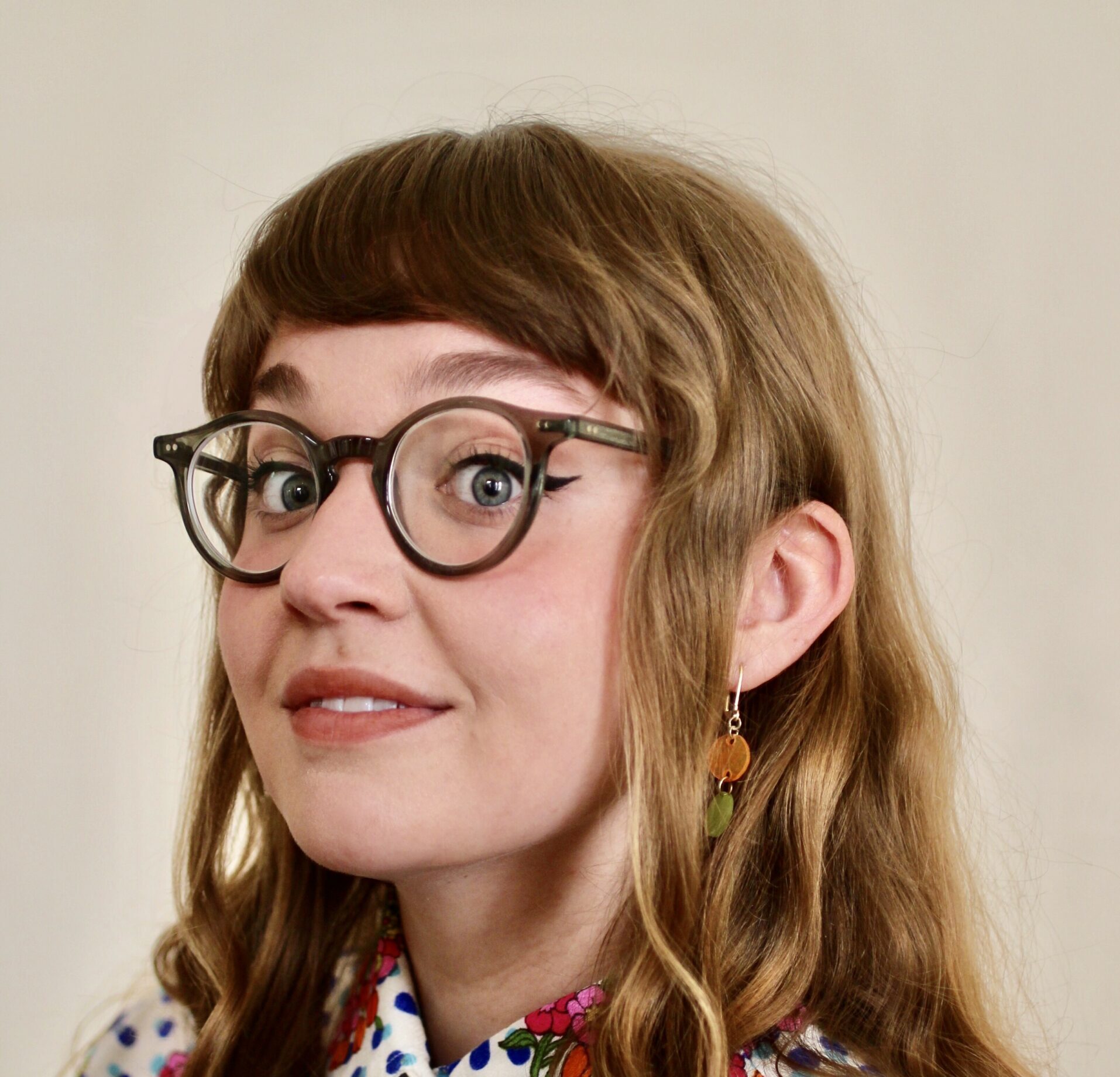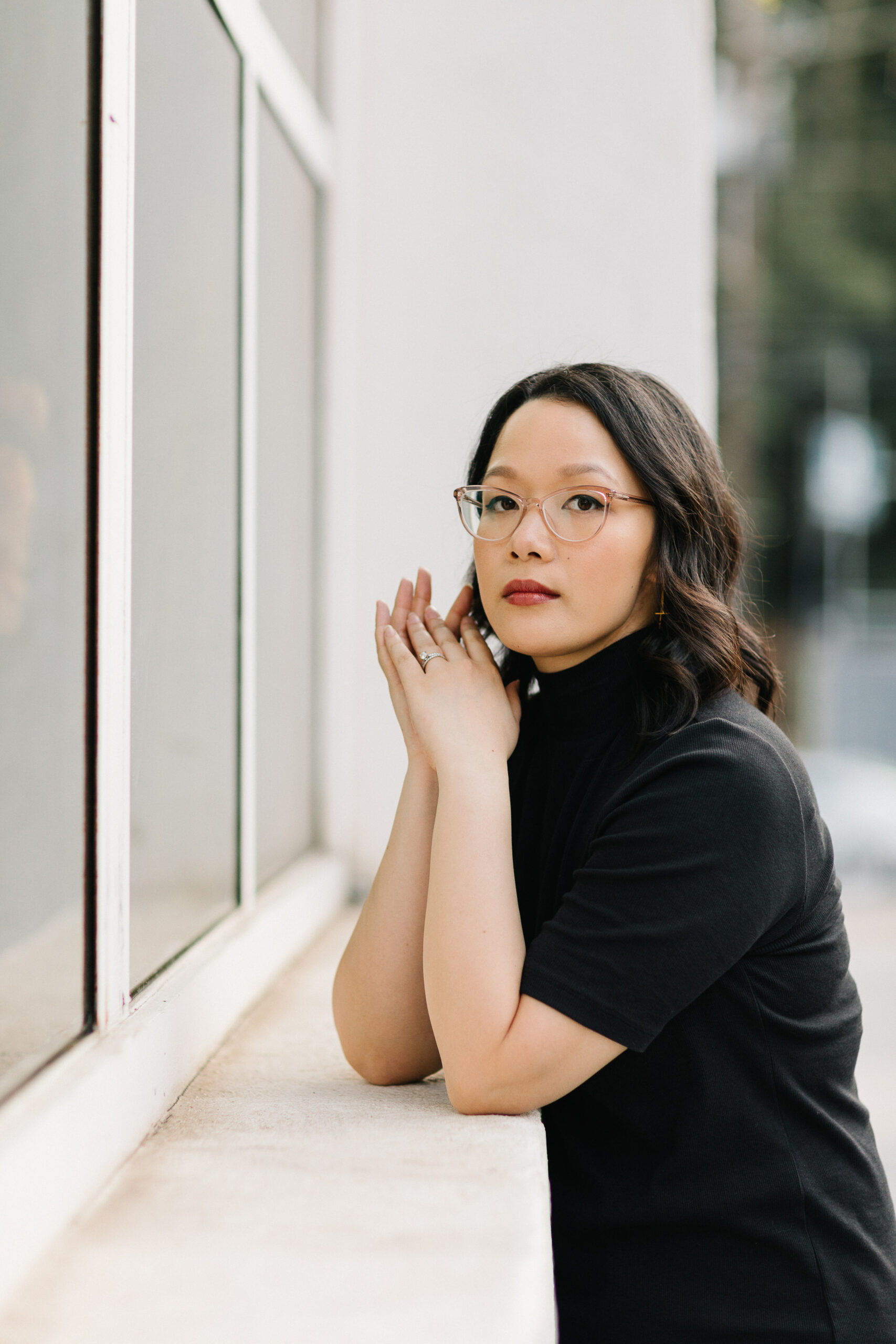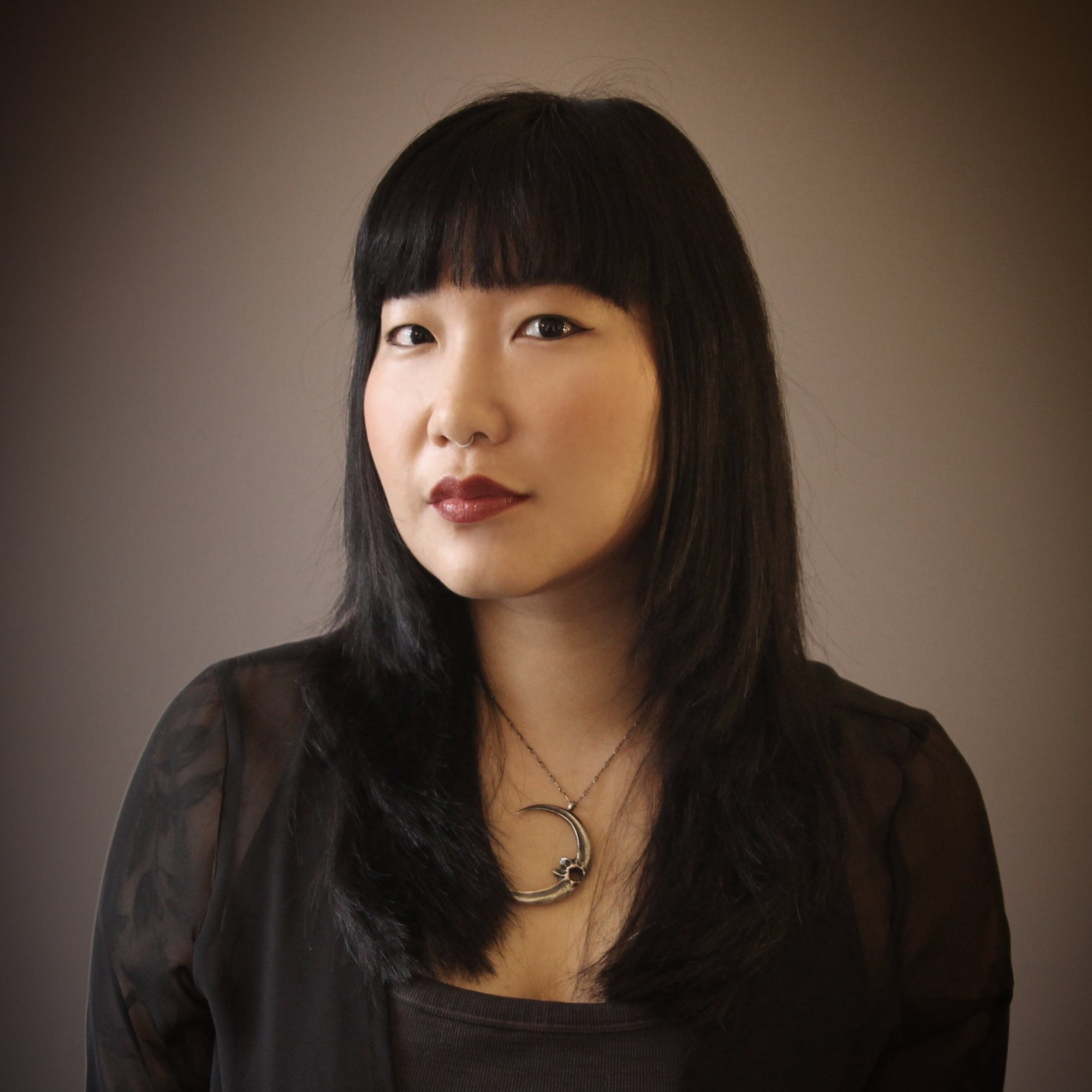
by Michele Kirichanskaya | Nov 21, 2024 | Blog
Sarah Mai is an illustrator and writer based in Minneapolis, Minnesota. She has a degree in English Literature from the University of Minnesota, Twin Cities where she developed a passion for graphic novels. She is the illustrator of The Cool Code and The Cool Code 2.0...

by Michele Kirichanskaya | Apr 14, 2023 | Blog
Trang Thanh Tran (they/she) is a Vietnamese American writer telling all stories scary, otherworldly, and emotional. Trang grew up in a big family in Philadelphia but now calls the South home. They’re an alum of the Writing Barn’s Rainbow Weekend and Tin House’s YA...

by Michele Kirichanskaya | Apr 14, 2022 | Blog
Emily X.R. Pan lives on Lenape land in Brooklyn, New York, but was originally born in the Midwestern United States to immigrant parents from Taiwan. Her debut novel, The Astonishing Color of After, was a New York Times bestseller, winner of the APALA Honor and Walter...




